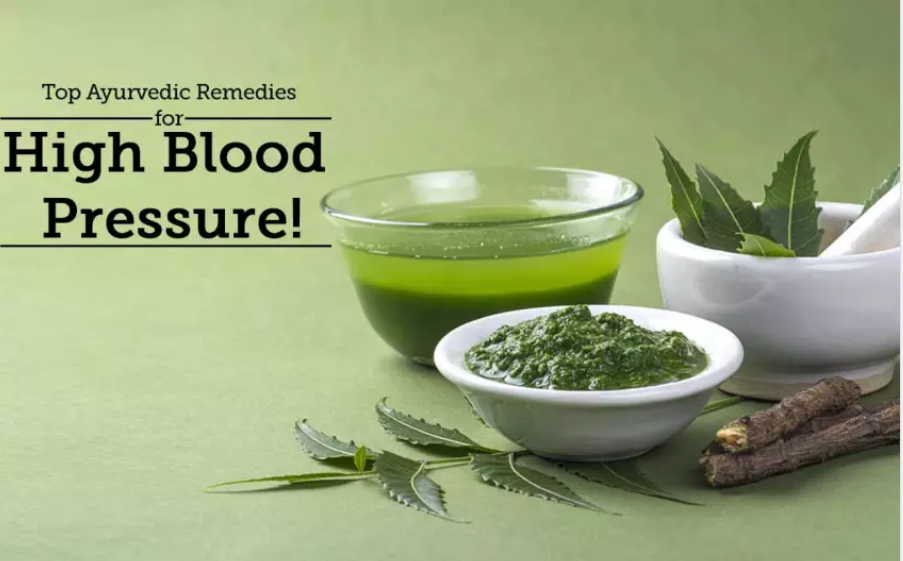“Lower Blood Pressure Naturally—Before It’s Too Late!”

It usually starts quietly. A little more tension in your shoulders. A few nights of restless sleep. Maybe some headaches you brush off. Then one day at a routine check-up, your doctor says, “Your blood pressure’s a little high.”
Just like that, your relationship with your heart shifts.
High blood pressure, or hypertension, affects millions globally, and often, it sneaks up quietly. No warning bells, no dramatic symptoms. Just slow, silent wear on one of your most precious organs—your heart.
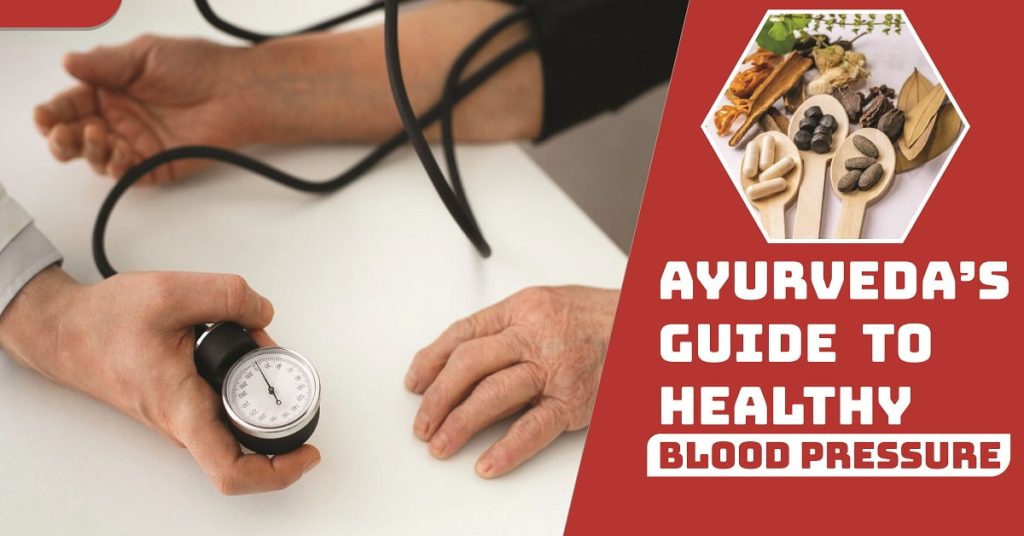
Welcome to the world of Ayurveda—an ancient Indian system of healing that treats the body like the living, intelligent ecosystem it is. And when it comes to heart health and blood pressure, Ayurveda doesn’t disappoint.
Today, we’ll walk you through powerful Ayurvedic herbs that may just help bring your blood pressure down and your heart rate up—in a good way.
Why Should You Care About Blood Pressure Anyway?
Your blood pressure is literally the pressure of your blood pushing against the walls of your arteries. When it’s too high for too long, your arteries wear out faster. That increases your risk of heart attack, stroke, kidney damage, and other chronic issues.
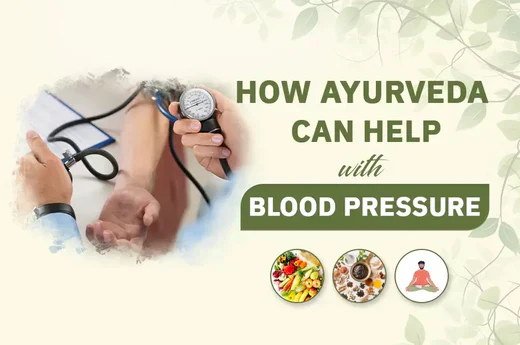
But here’s what often gets missed: high blood pressure isn’t just about your heart. It’s deeply connected to stress, poor digestion, low-quality sleep, and a lack of emotional balance—all areas that Ayurveda has been addressing for over 5,000 years.
🌿 1. Arjuna – The Heart’s Best Friend
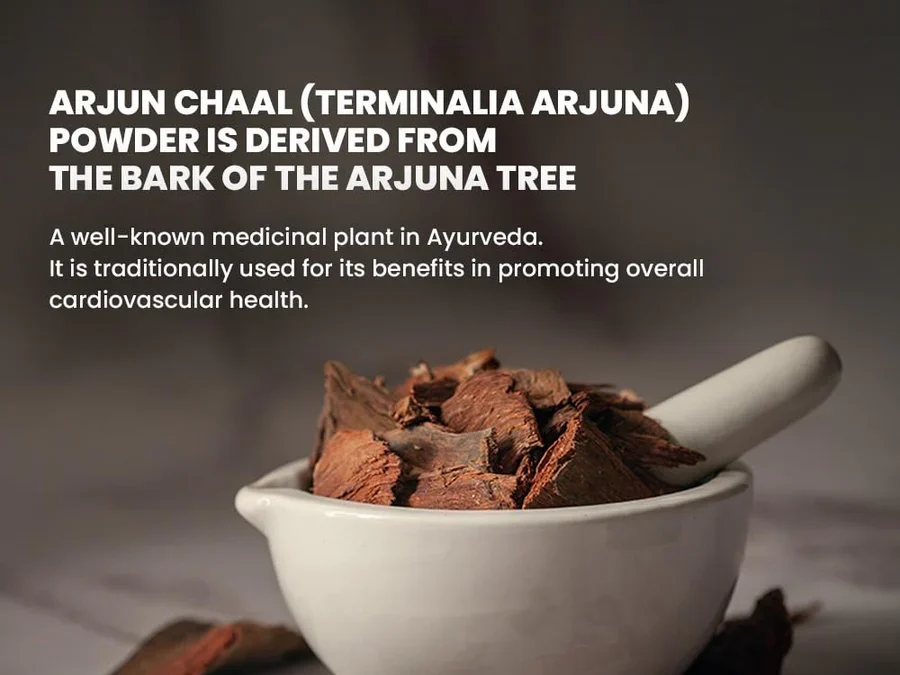
Arjuna helps strengthen the heart muscle, improve circulation, and regulate blood pressure. It’s known to reduce both systolic and diastolic blood pressure levels, especially in people with mild to moderate hypertension.
Many people take Arjuna in powder or capsule form, but you can also steep it as a tea. Sipping it slowly becomes a calming ritual in itself.
2. Garlic: The Pungent Little Powerhouse
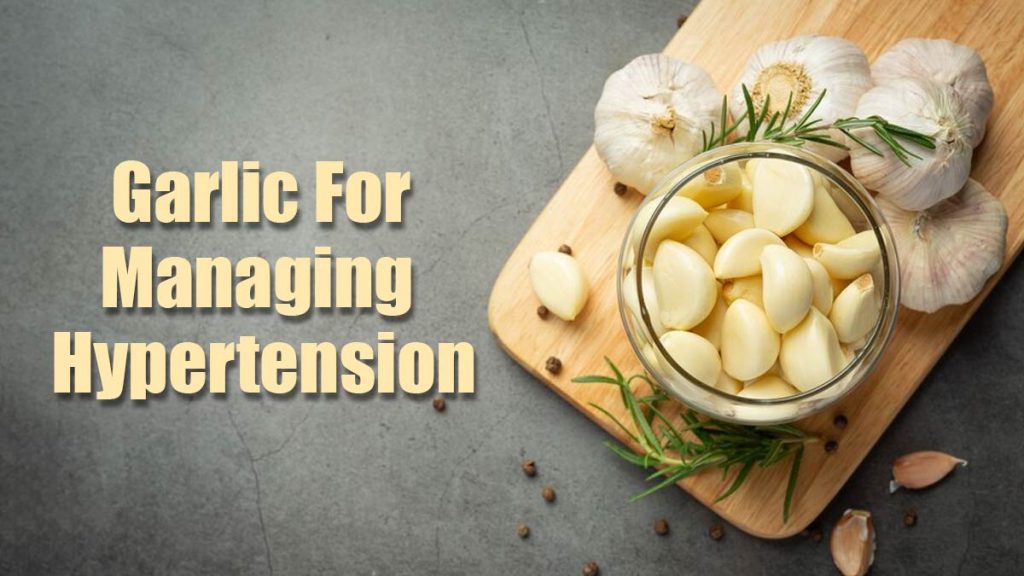
Garlic helps relax blood vessels and improve circulation. It contains allicin, a compound shown to lower blood pressure naturally. It also reduces cholesterol, another win for your heart.
How to use it:
Chop or crush one clove of raw garlic, let it sit for 5 minutes (to activate the allicin), and swallow it with water like a pill. Not a fan of raw? Try aged garlic extract supplements or mix chopped garlic into soups and dressings.
🌿 3. Ashwagandha – Nature’s Stress Shield
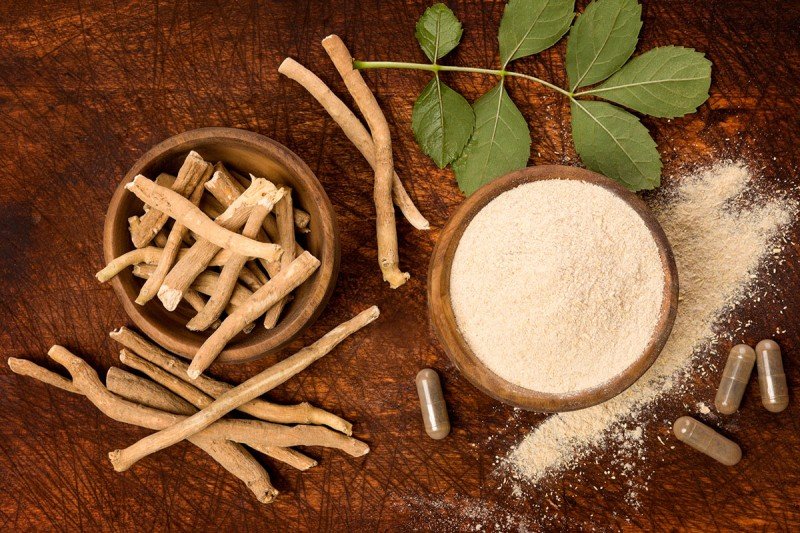
Ashwagandha is an adaptogen, which means it helps your body adapt to stress more efficiently. It lowers cortisol levels (your stress hormone), improves sleep, and helps your heart slow down when it’s safe to do so.
Drink it in warm milk before bed, or take it in capsule form during your day. Either way, your heart gets a break.
🌿 4. Brahmi – The Brain-Heart Connector
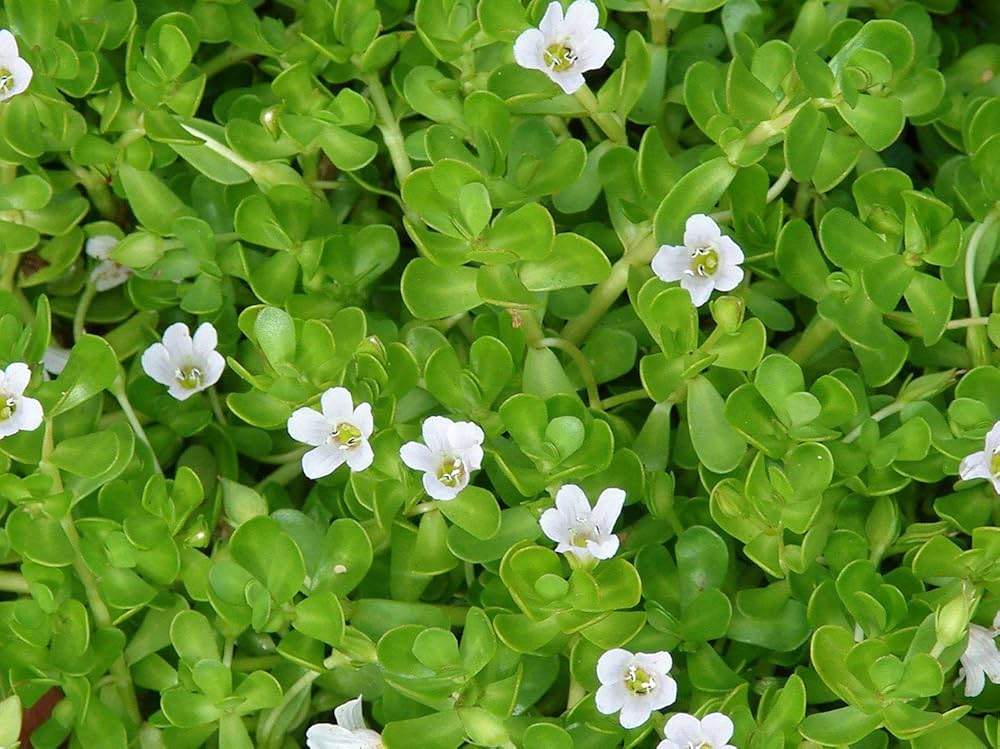
Brahmi (Bacopa monnieri) is known for boosting brain function—but it’s also powerful for those dealing with stress-related high BP. It has a calming effect on the mind and nervous system. When your mind is calm, your blood pressure naturally follows.
Drink it in warm water before bed, or take it in capsule form during your day.
In a world filled with overstimulation, Brahmi is like mental stillness in a bottle.
🌿 5. Gotu Kola – The Vascular Soother

Gotu Kola (Centella asiatica) is another underrated Ayurvedic treasure. This leafy green is known for enhancing circulation and strengthening the blood vessels.
Why it matters for BP:
We often forget that high BP isn’t just about the heart—it’s also about the condition of your arteries and capillaries. Gotu Kola tones and protects the inner lining of blood vessels, keeping them more elastic and less prone to pressure spikes.
Many people take Gotu Kola in powder or capsule form, but you can also steep it as a tea.
🌿 6. Punarnava – The Natural Diuretic
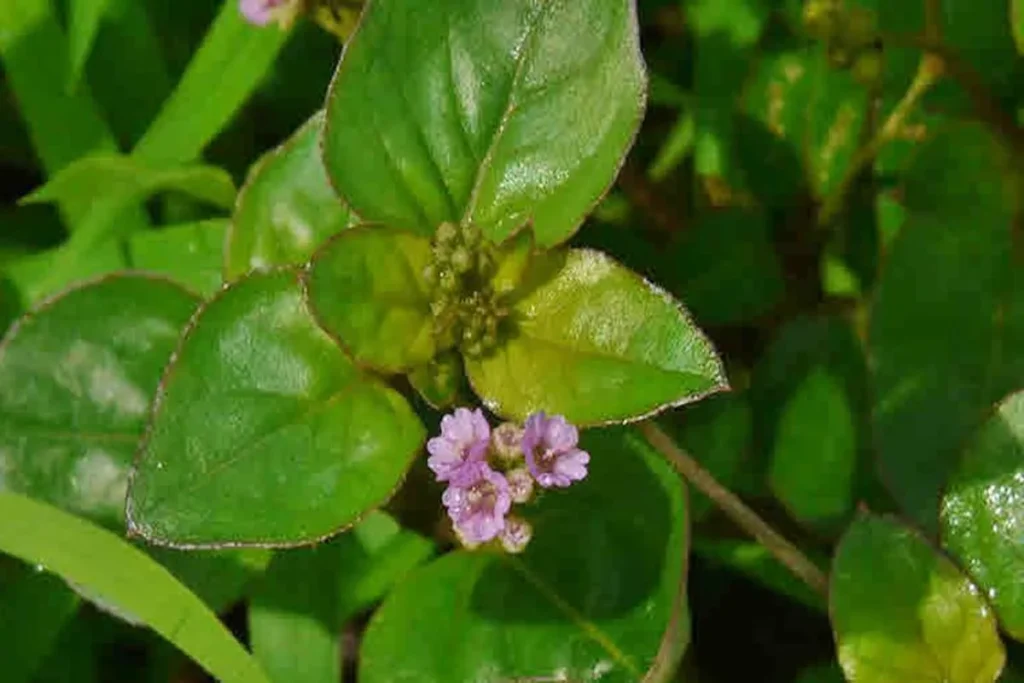
Punarnava (Boerhavia diffusa) is your go-to if your blood pressure is linked to water retention. This herb helps eliminate excess fluid from the body—naturally lowering blood pressure without synthetic diuretics.
Punarnava powder is typically consumed with milk or water as part of traditional practices.
When you gently assist your body in letting go of what it doesn’t need, it rewards you with balance.
🌿 7. Sarpagandha – The Controversial Powerhouse
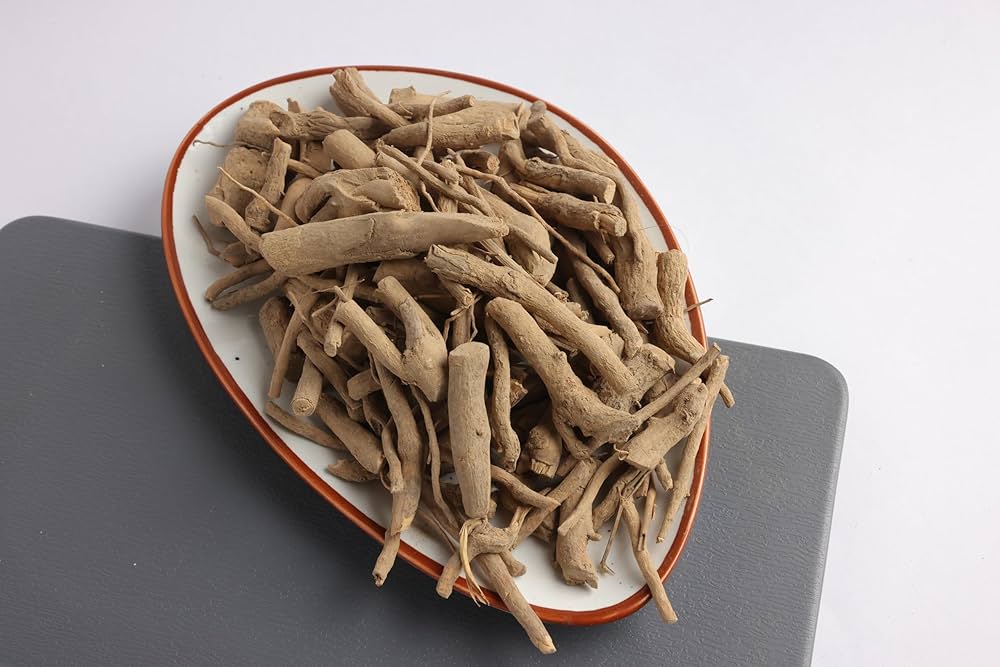
Sarpagandha (Rauwolfia serpentina) was one of the first herbs researched for lowering high BP in the 20th century. It’s so effective, pharma companies synthesized it into modern meds!
⚠️ But it’s strong, so it should only be taken under Ayurvedic supervision.
💡How to Use: One of the oldest forms of sarpagandha is the powder or churna. It can be taken with water, honey, or hot milk, once or twice a day. The typical dosage is 1-2 grams of the powder daily, or as advised by a doctor based on the physical condition of the person taking it. This form is commonly used to treat insomnia, hypertension, and anxiety.
🌿8. Hibiscus Tea: Sip Your Way to Calm
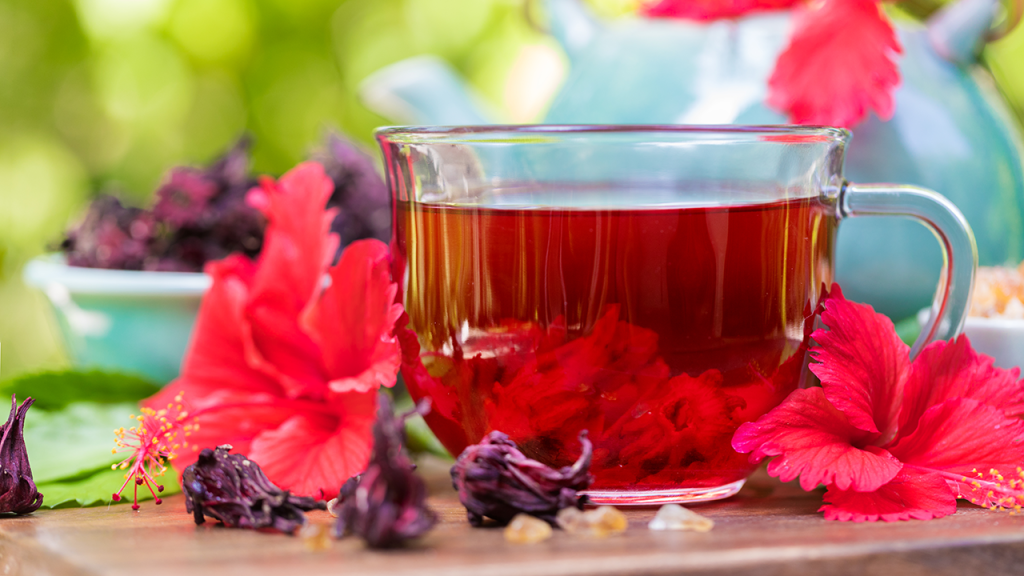
A warm cup of hibiscus tea isn’t just soothing—it’s a heart-healing ritual in disguise.
Why it works:
Hibiscus is rich in antioxidants and acts as a natural ACE inhibitor (a fancy way of saying it helps lower blood pressure, similar to some medications). It also gently calms the nervous system, which reduces stress-related spikes in BP.
How to use it:
Brew 1–2 cups of hibiscus tea daily. Add a bit of raw honey and lemon if you like. Drink it warm in the evening and feel the tension melt away.
Potassium-Rich Foods: Nature’s BP Balancer
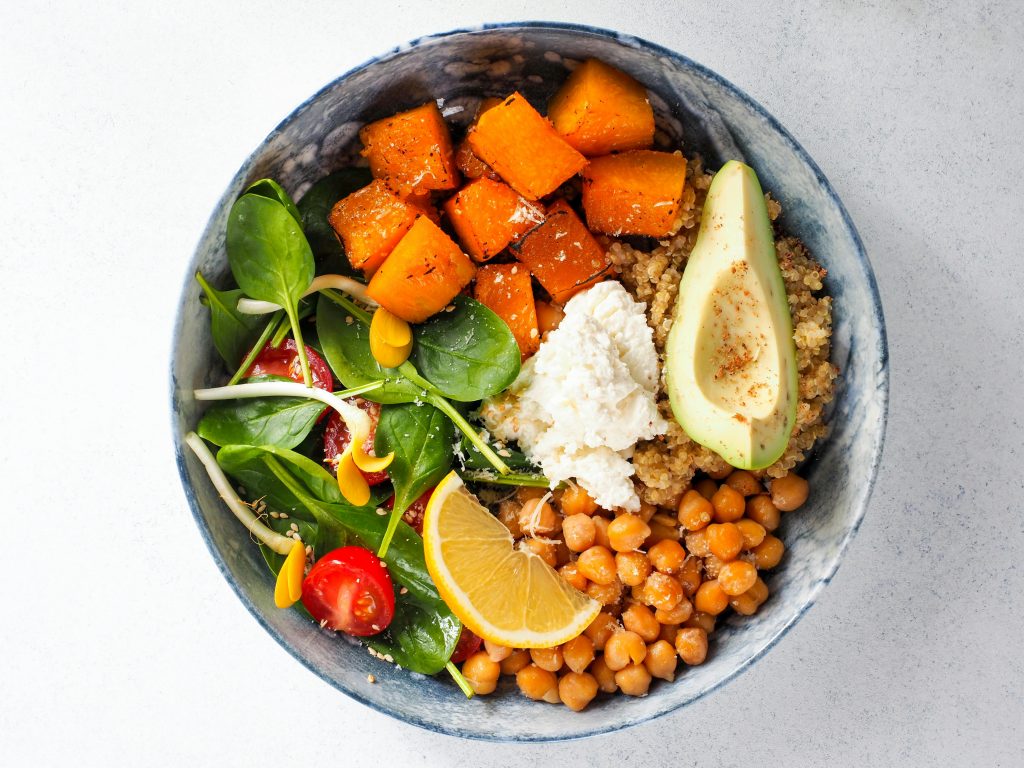
We hear a lot about lowering salt (sodium), but increasing potassium is just as crucial. Why? Because potassium helps flush excess sodium out of the body and eases tension in your blood vessel walls.
Top potassium-rich foods:
- Bananas
- Beetroots
- Avocados
- Sweet potatoes
- Spinach
- Coconut water
- Beans and lentil

Make it easy:
Start your day with a smoothie that includes banana, spinach, and coconut water. Or roast sweet potatoes Beetroots with a sprinkle of sea salt and olive oil for dinner.
💛 It’s Not Just About Herbs — It’s a Lifestyle Shift
Here’s the truth: these herbs aren’t magic bullets. They’re support tools—incredible ones—but Ayurveda teaches that how you live matters as much as what you take.

To truly support your heart, try to bring in some of these Ayurvedic lifestyle principles:
✅ Eat warm, easy-to-digest meals
Avoid overly spicy, salty, or greasy foods that can aggravate Pitta and increase BP.
✅ Wake up early and avoid late nights
Good sleep regulates hormones and gives your heart a chance to rest.
✅ Practice daily self-care
Try a 5-minute oil massage (abhyanga) with warm sesame oil in the morning. It calms the nervous system and improves circulation.
✅ Move gently but consistently
Walking, yoga, and slow breathwork (like Anulom Vilom or Bhramari pranayama) are powerful tools for lowering BP.
💬 Real Talk: Can Herbs Replace Medication?

If you’re on medication for high blood pressure, never stop taking it without your doctor’s supervision. Ayurvedic herbs can complement your treatment, and in some cases, help reduce dependency—but it must be done thoughtfully and under professional guidance.
Think of these herbs not as “alternatives,” but as allies. They nourish your body, calm your mind, and restore your rhythm—something no pill can fully do.
🌟 The Takeaway: Start Small, Stay Consistent

You don’t need to overhaul your life overnight. Maybe you start with a cup of Arjuna tea in the morning. Or add Ashwagandha to your nighttime routine. Perhaps you try five minutes of deep breathing each afternoon.

The point is: your heart deserves care. Not only when it’s in crisis—but every day. Ayurveda offers a path of daily rituals, plant allies, and lifestyle wisdom that work with your body—not against it.
❤️ Your Heart Deserves This
High blood pressure isn’t just a number—it’s your body trying to speak to you. And when you start to listen—with garlic, tea, breath, and care—you start healing on every level.
Not tomorrow. Today.

Try one remedy. Just one. Feel into it. See what shifts. Then try another. And another.
Before long, you’ll look back and realize: you didn’t just lower your blood pressure—you changed your life.
